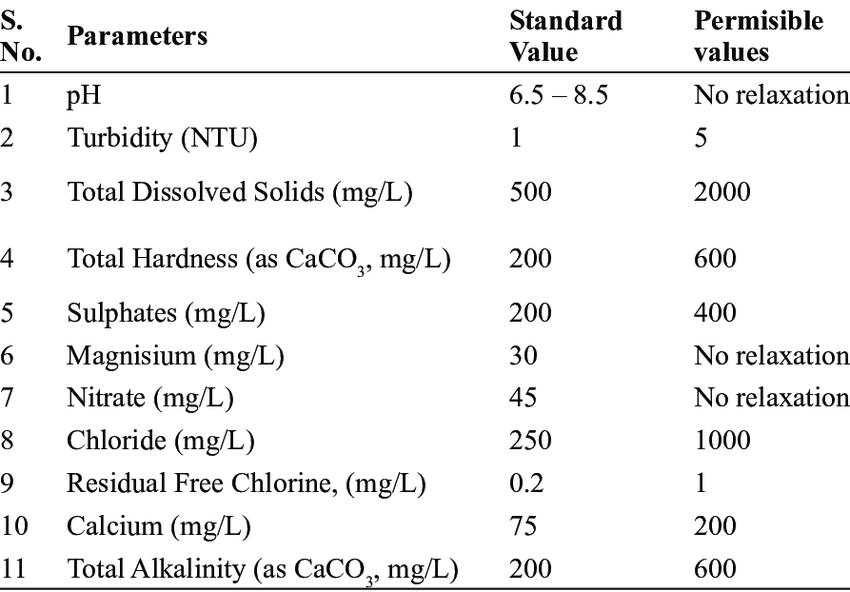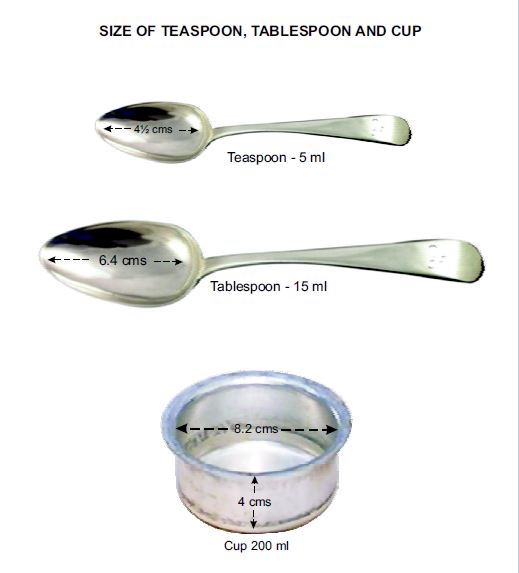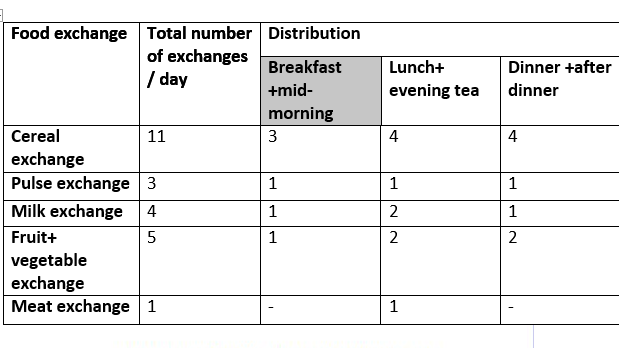Vitamins and immunity
Vitamin C
It boosts up human immunity towards infections and cold illnesses by increasing phagocytosis, lymphocyte proliferation and neutrophil chemotaxis against exogenous pathogens. It plays a role in destroying unwanted and harmful and foreign invaders. vitamin C neutralizes reactive oxygen species (ROS) formed in immune cells. In the absence of optimum level of vitamin C, reactive oxygen species will not be eliminated from immune cells which would lead to the destruction of immune cells.
Citrus fruits like oranges, tangerines, lemons, sweet lime, goose berries, and red bell pepper are reliable source of Vitamin C. Papaya, guava, apple, grapes, mango and many other fruits and Green leafy vegetables are also rich in Vitamin C.
Hence regular consumption of vitamin C in daily diet will maintain the immune system and ward off the free radicals present in body. It has been seen that old age brings an increase in the production of free radicals and increased oxidative stress hence to avoid infection and rapid ageing one should consume a diet rich in Vitamin C.
Vitamin D
(VD3), it is usually taken in the form of Vitamin D3. It is synthesized in the skin from 7-dehydrocholesterol which depends on sunlight, specifically ultraviolet B radiation. Alternatively, diet and/or vitamin supplements are its other sources.
It has been seen that with good reserves of vitamin D in the body, the inflammatory responses to Respiratory syncytial virus (RSV) are less. this means that the body is better able to fight the infection without jeopardizing the removal of virus from the body.
It has shown beneficial results when used against acute lower respiratory tract disease and asthma. Optimum levels of vitamin D aids in good respiratory health and keeps the immune system strong and healthy and maintains factors like CRF and CRP (inflammatory markers).
Since Vitamin D is a fat-soluble vitamin and is mostly taken by sunlight its deficiency not easily and rapidly shown hence one should aim at including vitamin D rich foods on a regular basis in his/her diet.
Main food sources of vitamin D include, fish liver oils, eggs of hen but the common source of vitamin D present in nature is the sunlight.
Vitamin B
B vitamins are water‐soluble vitamins and work as part of coenzymes. Each B vitamin has its special functions. Vitamin B2 (riboflavin) plays a role in the energy metabolism of all cells. (Zhang et al., 2020)
Vitamin B6 is also needed in protein metabolism, and it participates in over one hundred reactions in body tissues. In addition, it also plays key role in body immune function as well.
Anyone infected with cold and or flu should be given B vitamins as it will enhance their immune system and give their body the ability to fight the infection.
Vitamin B6 helps to improve immune response to the increase in production of antibodies. Vitamin B6 deficiency reduces the lymphocyte growth and proliferation, antibody formation and T-cell activity.
Vitamin B9 or Folic acid (folate) also plays a role in immunity enhancement. It is commonly a key role player in the biosynthesis of nucleic acids, proteins blood cells and nervous tissues. Rich sources of folic acid include, poultry, shellfish, salmon, tuna, dark leafy vegetables, whole grains, beans, orange juice, citrus fruits, cantaloupes, asparagus, milk etc.
Vitamin B12 It has been seen that Deficiency of vitamin B12 in the diets reduces the immune response to viral and bacterial infections.
Natural synthesis of vitamin B12 cannot be done in humans and plants. The enzymes needed for B12 synthesis is solely possessed by bacteria. Vitamin B12 sources are mainly animal products which include meat, fish, poultry, and dairy products.
B vitamins are mostly found in animal products but can also be obtained from plant sources provided it is taken along with absorption enhancers. Having an alkaline medium in body is also crucial to avoid destruction of B vitamins in the gut.
B vitamin rich fruits include grapes, apple, papaya, mango, guava, and many other fruits are rich in. Milk and dairy products, Eggs, Animal liver and kidneys, Beef are the non-vegetarian sources of B vitamins.
Vitamin A
Vitamin A is also called “anti‐infective” vitamin and many of the body's defences against infection depend on its adequate supply.
Vitamin A deficiency is highly involved in measles and diarrhoea and measles can become severe in vitamin A‐deficient children. vitamin A supplementation has also reduced morbidity and mortality in various infectious diseases, such as measles, diarrheal disease, measles‐linked pneumonia, human immunodeficiency virus (HIV) infection, and malaria.
Fish, Carrots, Spinach, Sweet Potatoes, and Papaya are rich sources of Vitamin A. Since it is a fat-soluble vitamin, it is stored in the body and its deficiency is rare but till the time its deficiency symptoms show up the body has lost all its reserves and bringing the levels back to normally takes a long time. Hence it is suggested that Vitamin A rich foods should be taken in daily diet.
Minerals and immunity
Selenium
Free radicals are harmful substances formed in our body in response to stress. A body undergoes oxidative stress when there is an imbalance between free radicals and antioxidants in the body. Dietary selenium deficiency has been proven to cause oxidative stress. This can result in altering a mildly pathogenic virus into a highly virulent one. The mineral, selenium, found in nuts and seeds can be combined with Vitamin E to prevent the formation of free radicals by participating in the body’s detoxification system.
Zinc
We have two types of immune responses. The innate immune response works on preventing the movement of foreign pathogens throughout the body immediately. While the adaptive immune response works on a specific pathogen present inside the body. Zinc is a mineral which works towards the maintenance and development of immune cells of both the innate and adaptive immune system. while its deficiency results in dysfunction of both line of defines.
Zinc supplement given to zinc‐deficient children could reduce measles‐related morbidity and mortality caused by lower respiratory tract infections. Therefore, zinc supplement may have effect not only on COVID‐19‐related symptom like diarrhoea and lower respiratory tract infection, but also on COVID‐19 itself. Hence foods rich in zinc should be included in diet daily to maintain proper reserves in body. Legumes like chickpea, green gram, black gram, lentils, and beans provide many nutrients including iron and Zinc and can be consumed as lunch or dinner.
Iron
Iron is required for both host and pathogen and iron deficiency can impair host immunity, while iron overload can cause oxidative stress to propagate harmful viral mutations. Iron deficiency has been reported as a risk factor for the development of recurrent acute respiratory tract infections. Hence a balance of iron status in the body is necessary. One should avoid consumption of iron absorption inhibitors along with iron rich foods and combine it with foods which enhance the absorption of Iron. Hence optimum iron intake might result in less chances of occurrence of recurrent acute respiratory tract infections.
Hence food rich in iron should be consumed daily and recommended daily allowances should be met.
Copper
Copper plays a crucial role in immunity by participating in the development and differentiation of immune cells. (“Enhancing immunity in viral infections, with special ...”) SARS-COV-19 is a similar strain to that of influenza, it can be concluded that Copper might prove helpful in treating and/or preventing COVID-19.
Hence copper rich foods should be included in one’s diet to maintain optimal levels and aid in strong immune system.
From the above-mentioned studies, it can be concluded that consuming recommended dietary allowances of fruits and vegetables which provide the optimum level of phytonutrients, vitamins and minerals works best in maintaining the immune system of a human body. Infection fighting abilities are better in subjects taking a balanced diet as it can fight free radicals and reduce oxidative stress. While in case of already weakened immune system and susceptibility to life threatening diseases, including COVID-19, it has been found that large and or intravenous doses of certain vitamins and minerals have shown improvement in the patient’s condition. Hence nutritional therapy can also be used in treatment of COVID-19.
References
- 1. Zhang, L., & Liu, Y. (2020). Potential interventions for novel coronavirus in China: A Systematic review.Journal of medical virology,92(5), 479–490. https://doi.org/10.1002/jmv.25707.





